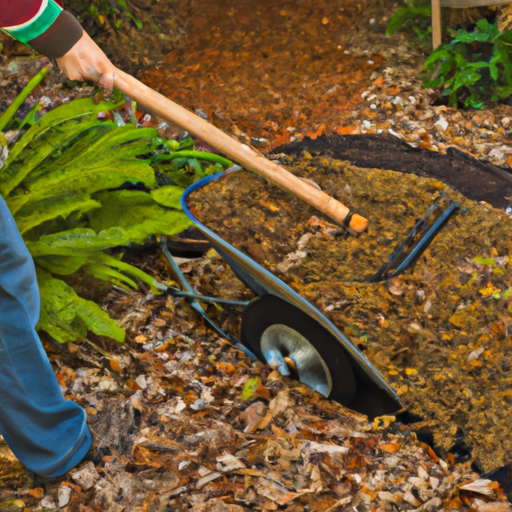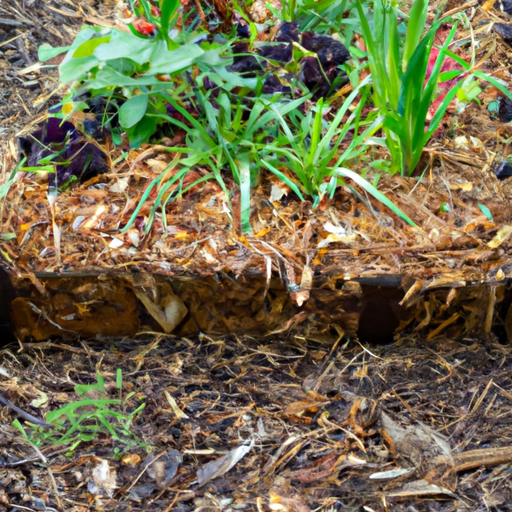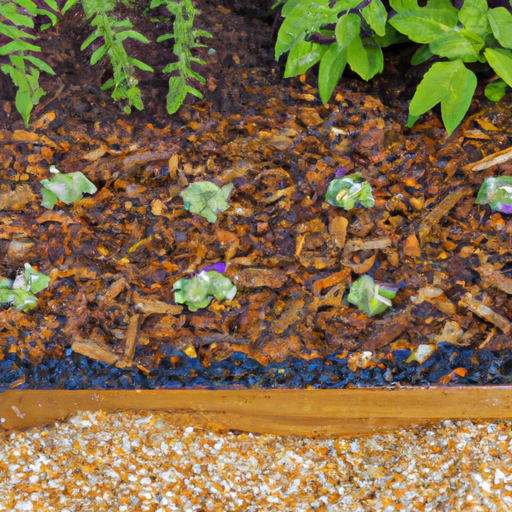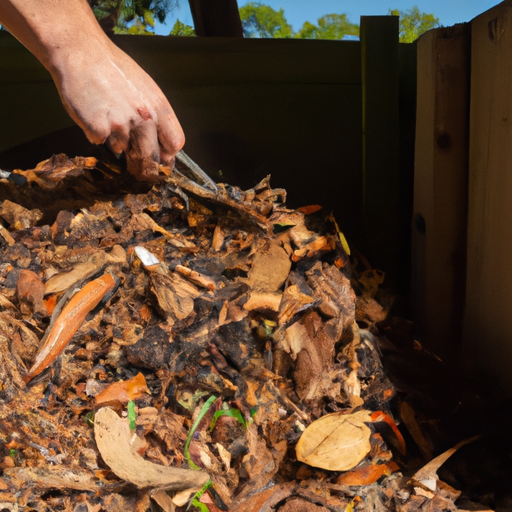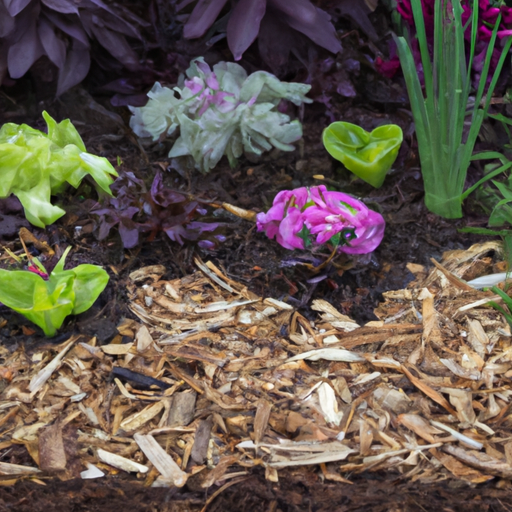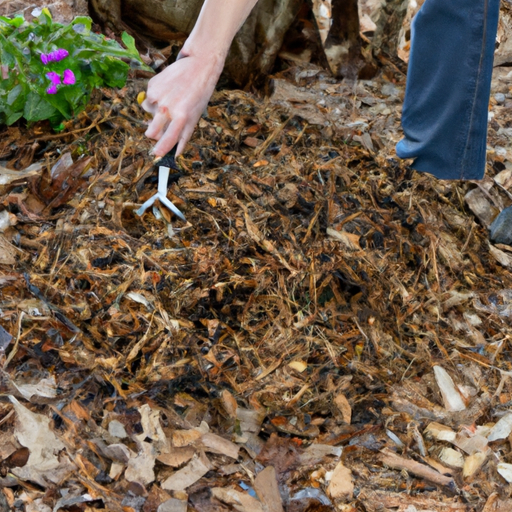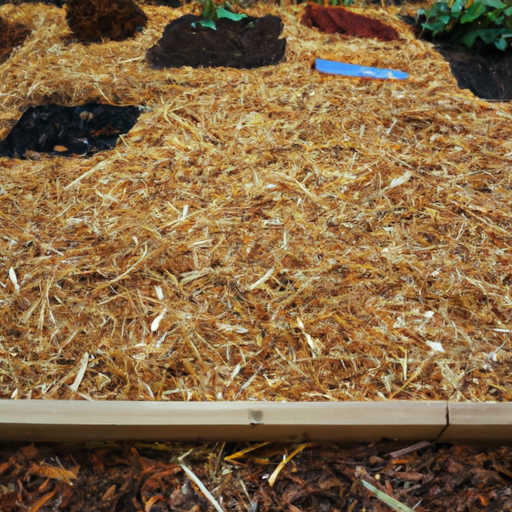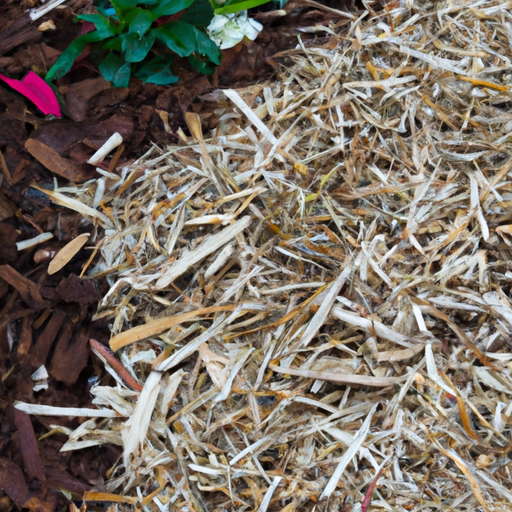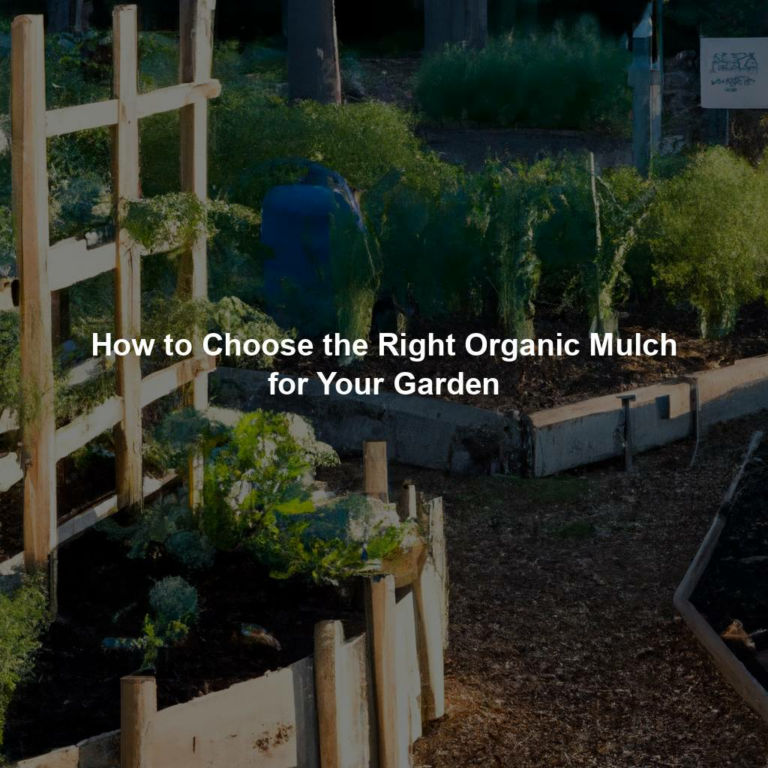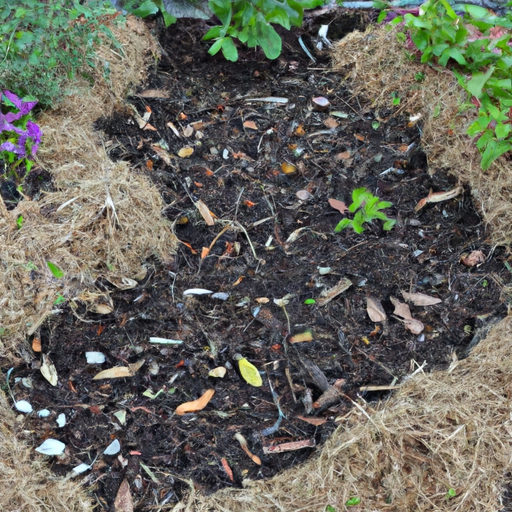DIY Organic Mulching: Simple Affordable and Effective
This article provides information on the benefits of organic mulching for gardens and offers tips for making your own organic mulch. It emphasizes the affordability and effectiveness of DIY mulching and provides guidance on selecting the right materials and applying the mulch correctly. The article also compares DIY mulching to store-bought options and addresses common questions about organic mulch. Overall, it encourages gardeners to consider homemade organic mulch as a simple and cost-effective way to improve their gardens.
